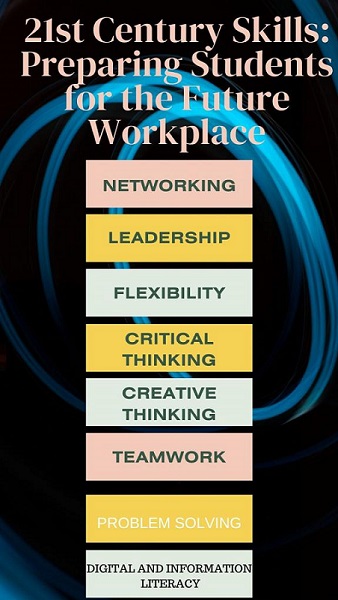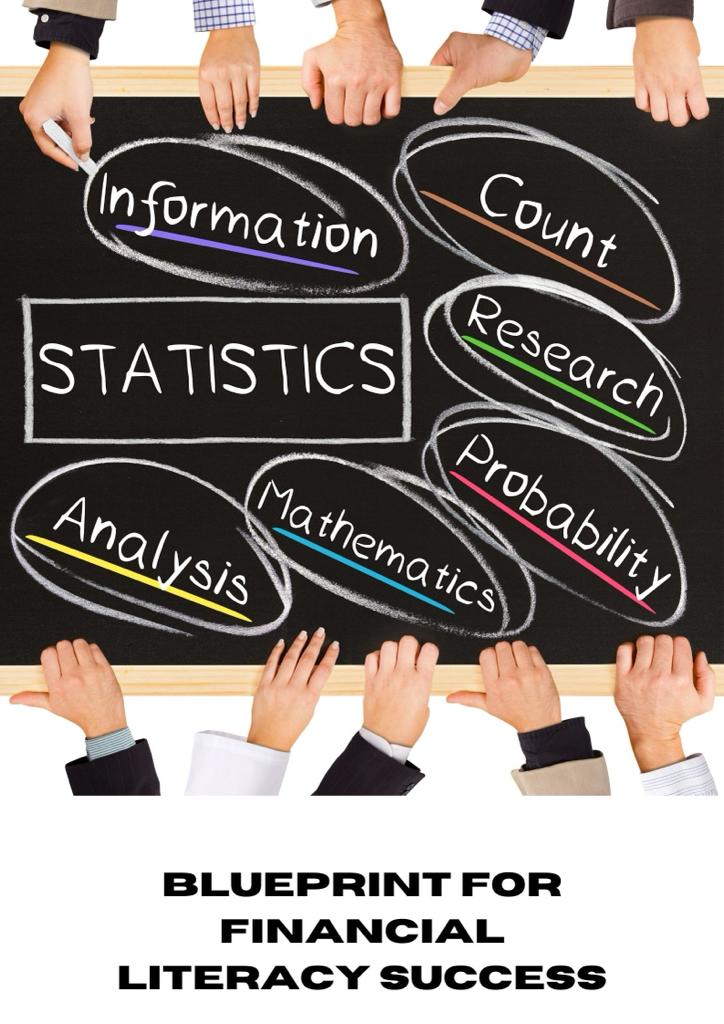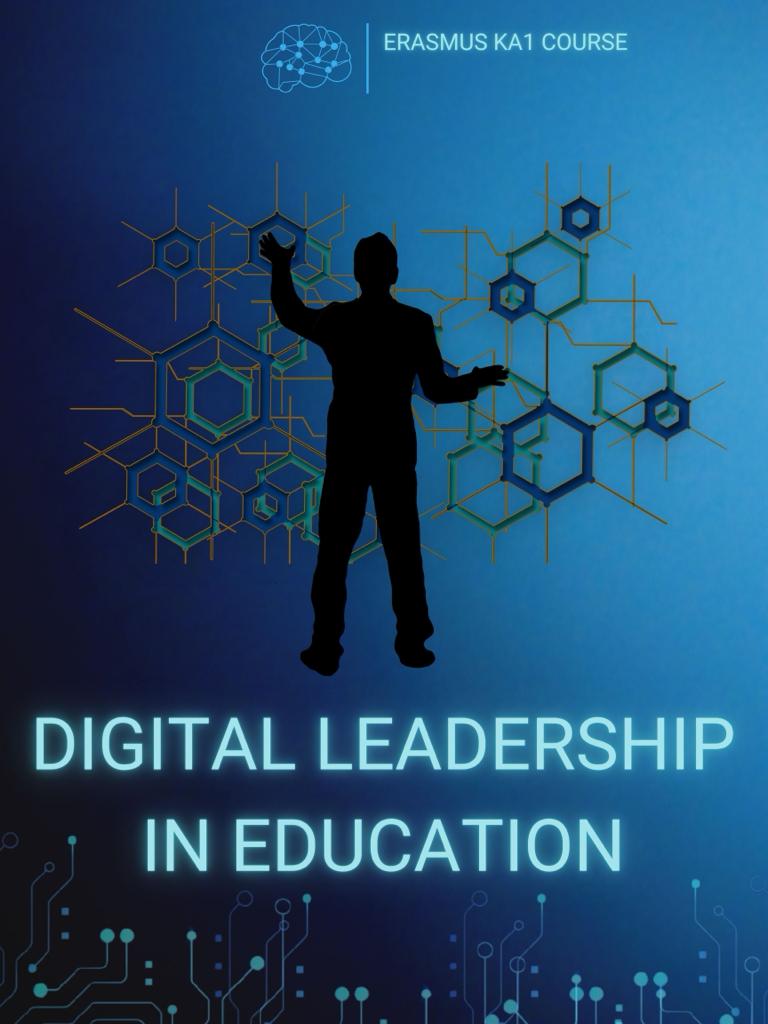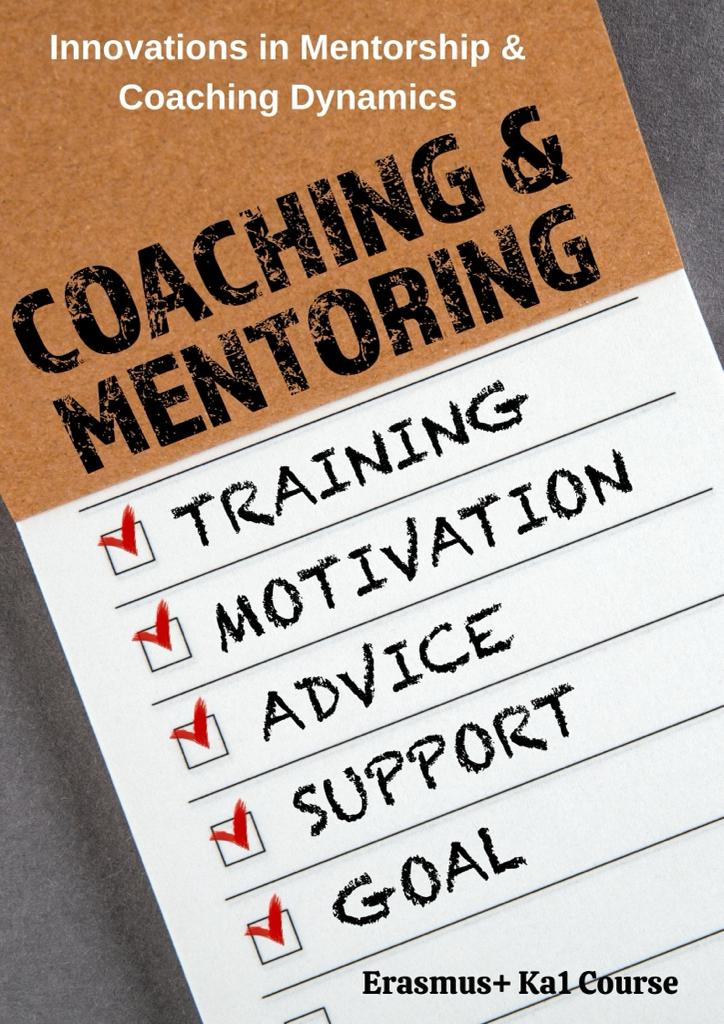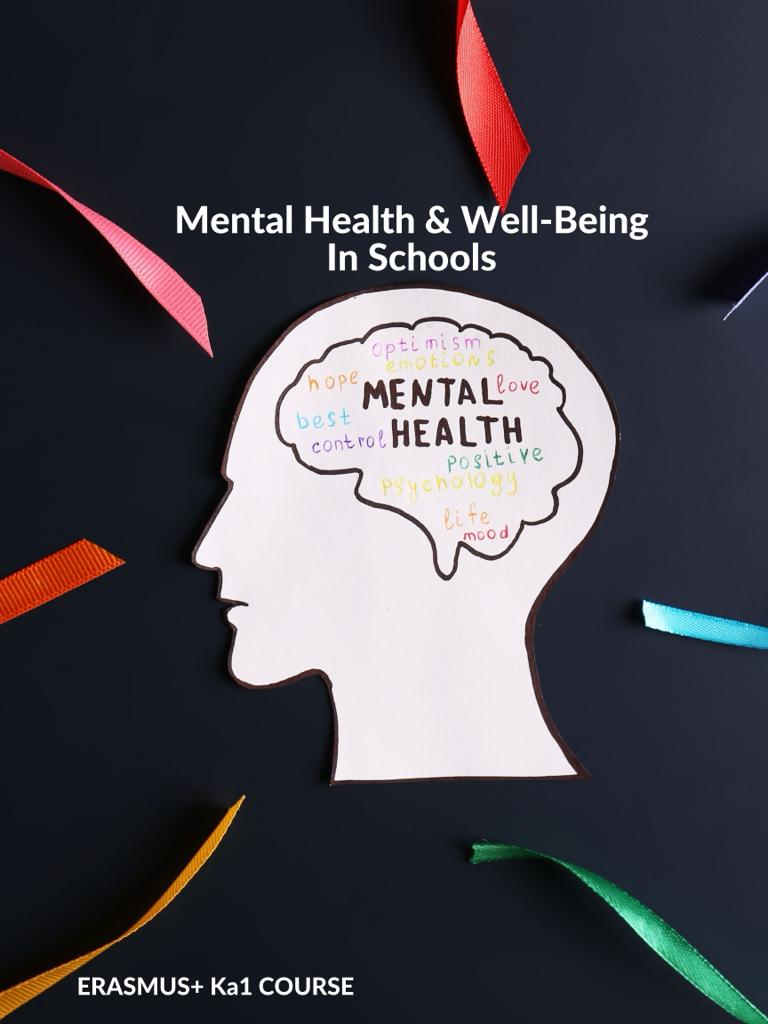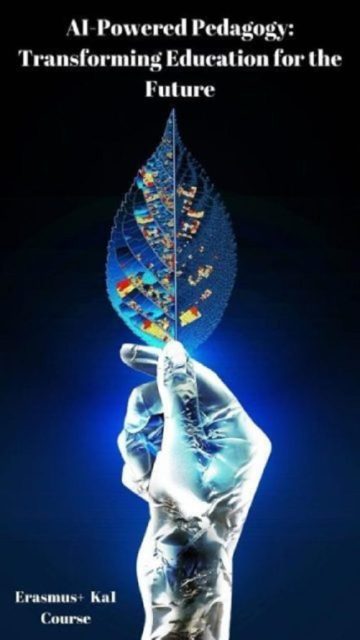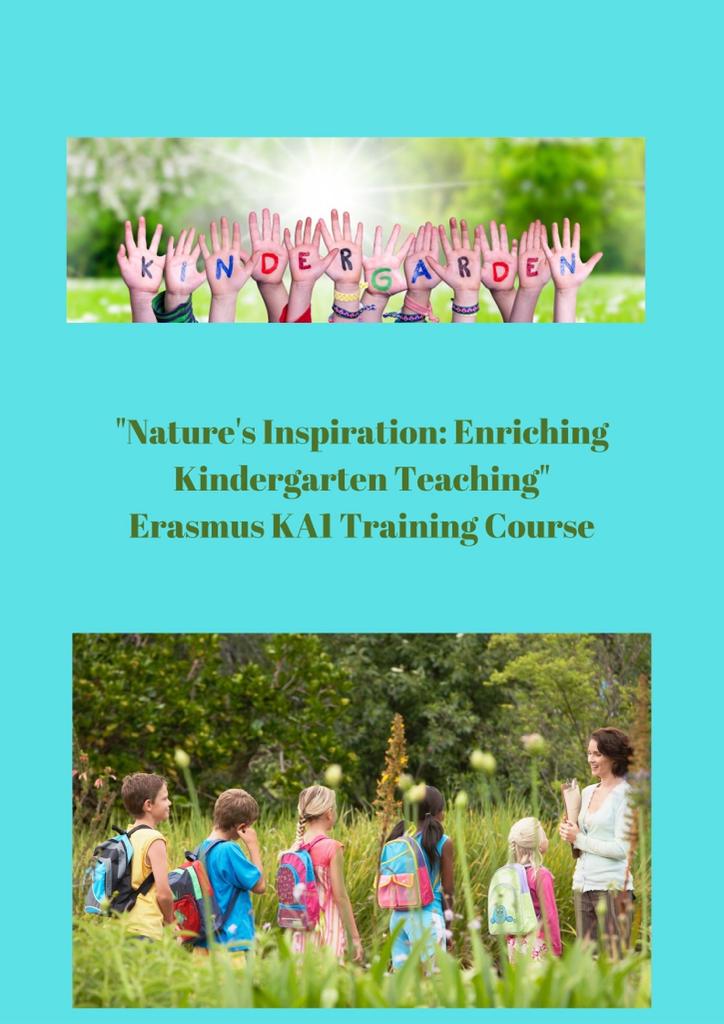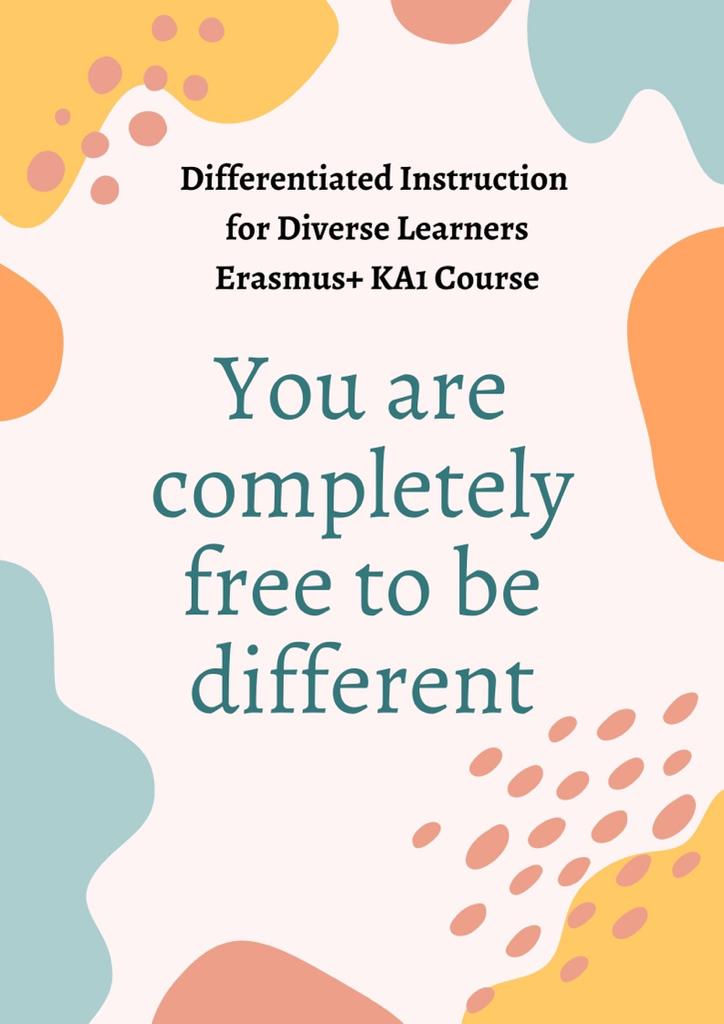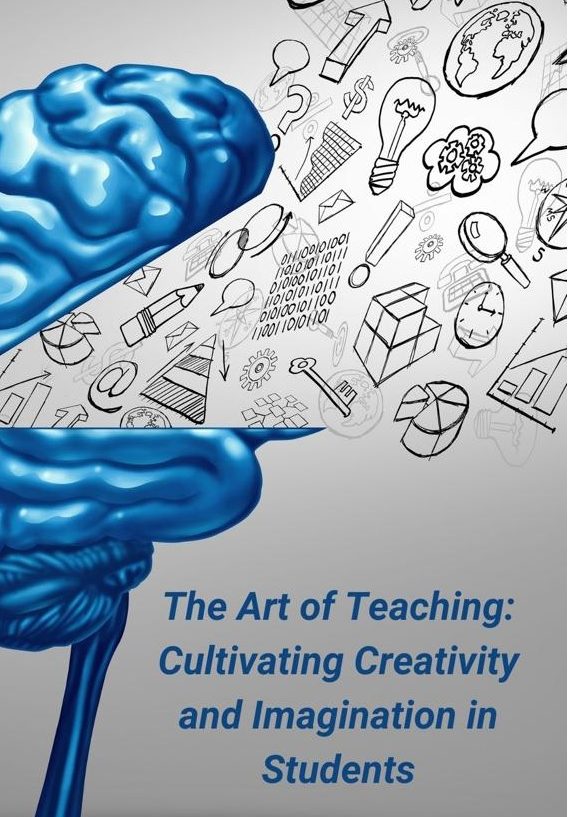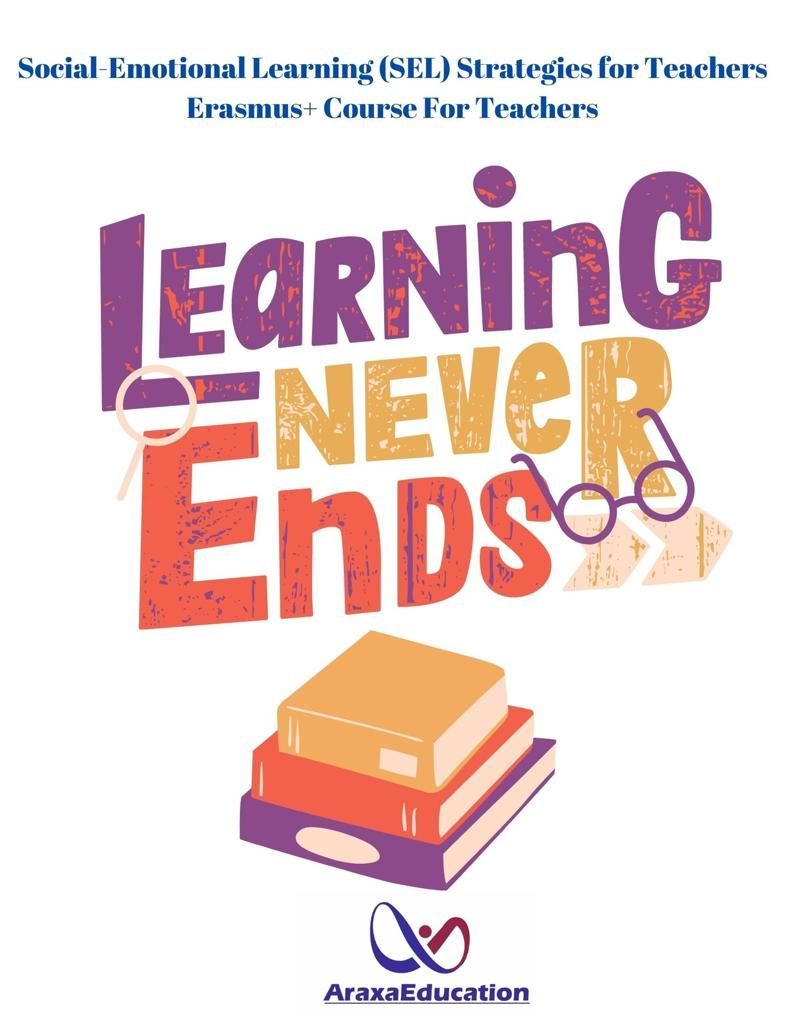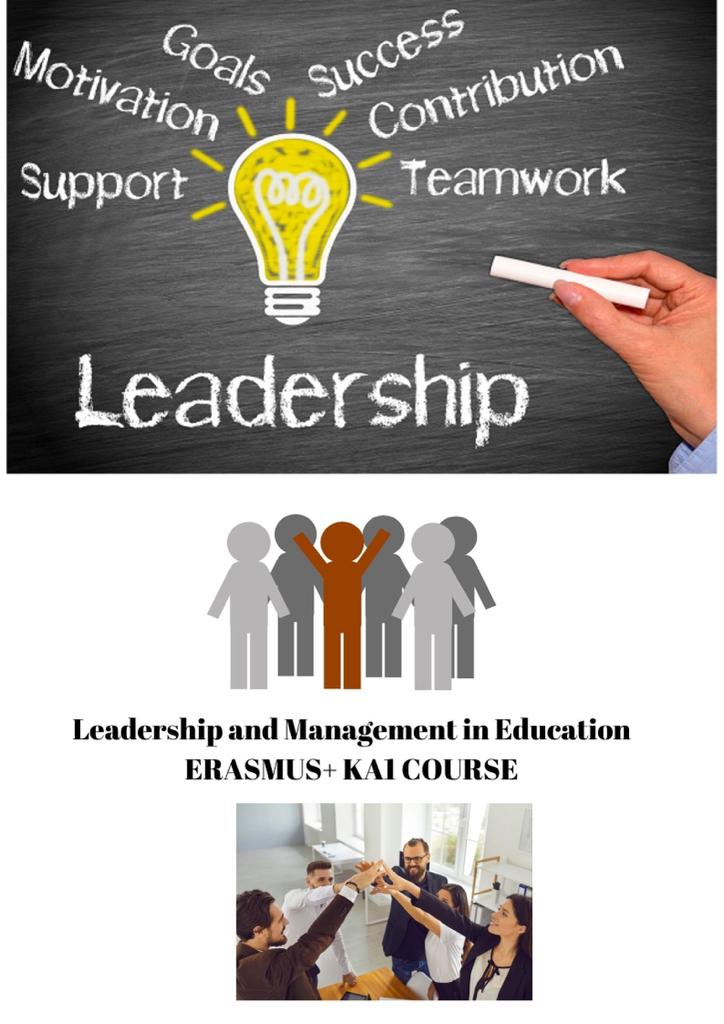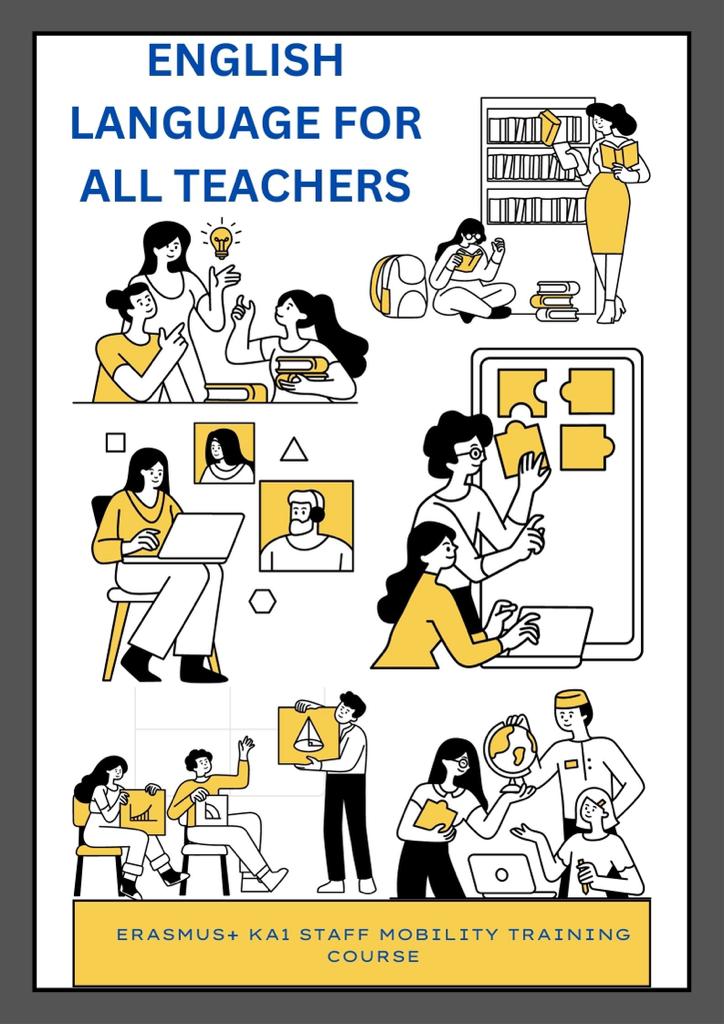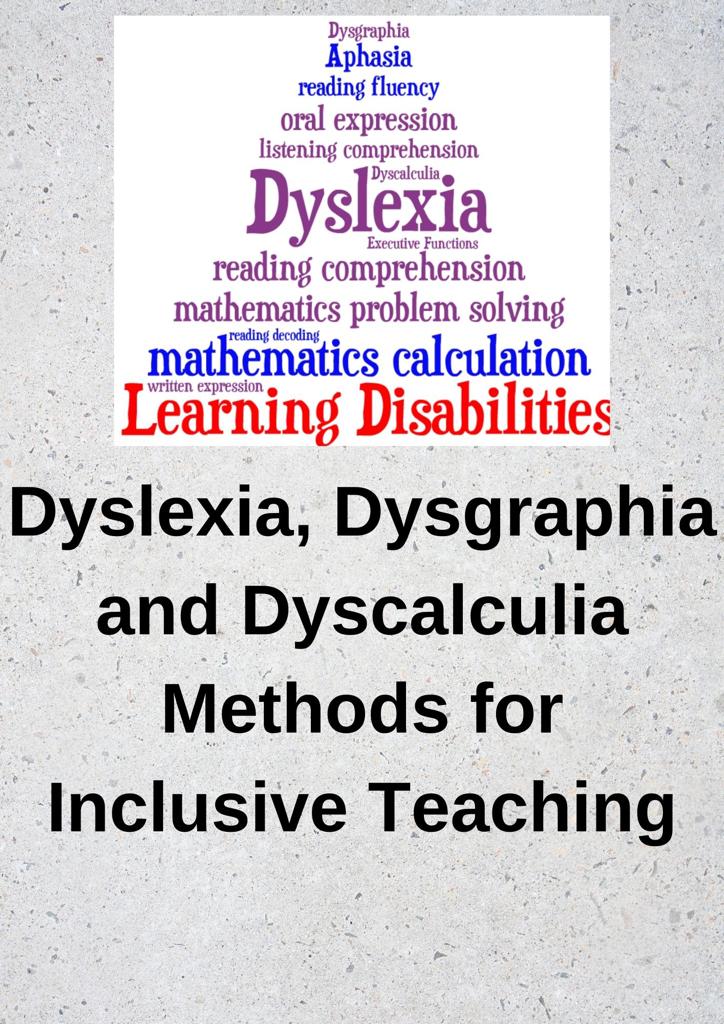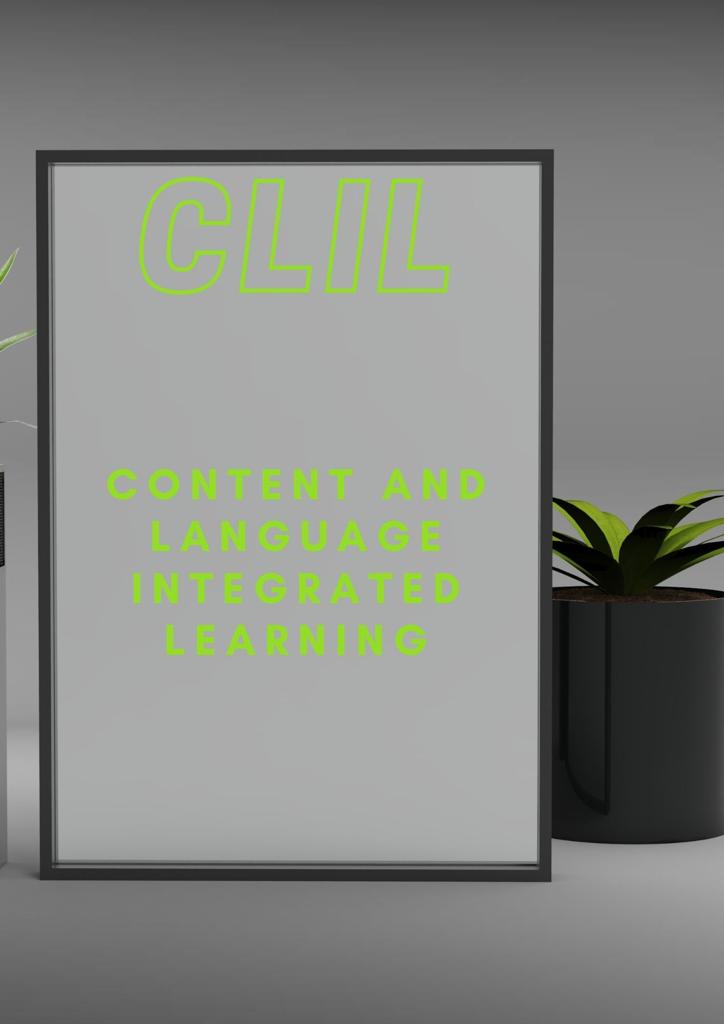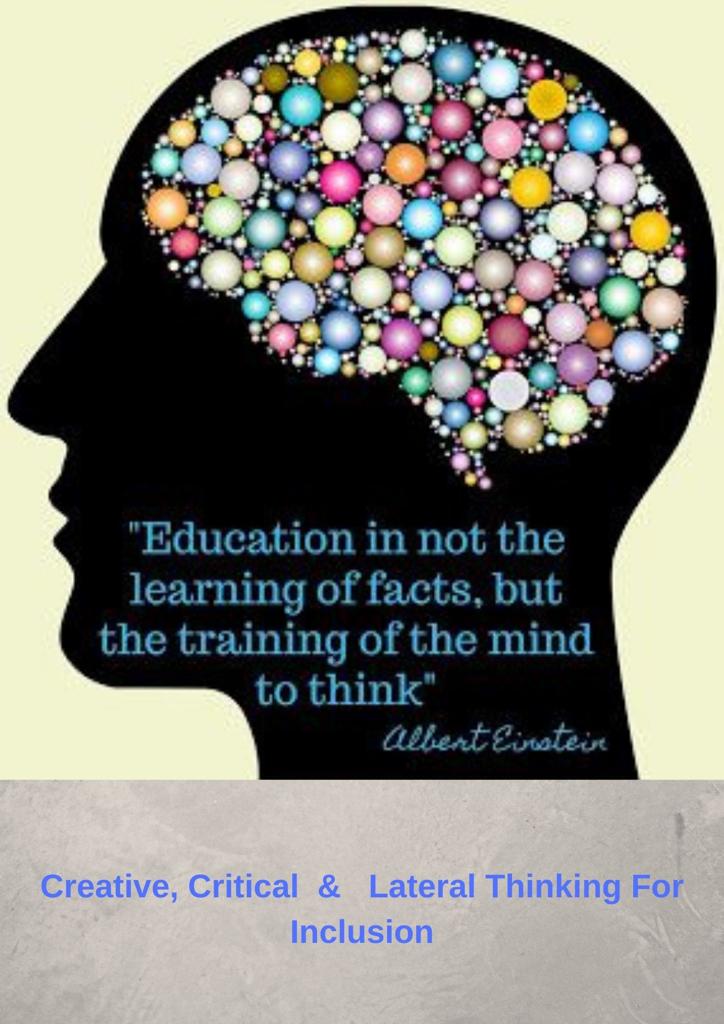| Course Description | In the constantly evolving landscape of today’s world, it’s crucial to equip students with the skills they need to thrive in the workplace of tomorrow. Our Erasmus+ KA1 course, “21st Century Skills: Preparing Students for the Future Workplace,” is designed to provide educators with the tools and knowledge they need to develop these essential skills in their students. Through a series of engaging and interactive activities, discussions, and real-world case studies, participants will explore and develop competencies in critical thinking, problem-solving, communication, collaboration, creativity, technological literacy, cultural competency, global awareness, and social responsibility. At the end of the course, participants will possess a deep understanding of the key skills necessary for success in the 21st-century workforce and will have practical strategies to effectively teach and reinforce these skills in their students. Join us and help prepare your students to become the innovative leaders of tomorrow’s workforce. |
| Methodologies Of The Course | The “21st Century Skills: Preparing Students for the Future Workplace” Erasmus+ KA1 course utilizes a variety of engaging and interactive methodologies to ensure that participants not only understand the importance of 21st-century skills but also know how to effectively teach them to their students. These methodologies include group discussions, case studies, simulations, project-based learning, and experiential learning activities. Additionally, participants will have the opportunity to observe and analyze real-world examples of 21st-century skills in action and receive feedback and guidance from experienced trainers. The course is designed to be both informative and practical, equipping educators with the knowledge and skills necessary to prepare their students for success in the future workplace. |
|
Learning Outcomes |
Upon completion of the “21st Century Skills: Preparing Students for the Future Workplace” Erasmus+ KA1 course, participants will be able to:
|
| Language | English |
| Duration | 5 Days |
| Type of Certification Awarded |
|
Schedule of the activities
|
Online Meeting Program |
|
| Day 1 |
|
| Day 2 |
|
| Day 3 |
|
| Day 4 |
|
| Day 5 |
|
| Online Meeting Program | Araxa Edu supports your dissemination activities |
| Course Fee | The course fee is 80 euros per participant per day. This fee does not cover some expenses like accommodation, travel, etc. Costs covering enrollment fees for staff mobility format ‘Courses and training’. ( Source: Erasmus+ Program Guide) |
|
PLANNED |
İstanbul, Türkiye 1. May 13-17, 2024 2. June 10-14, 2024 3. July 08-12, 2024 4. August 12-16, 2024 5. September 09-13, 2024
Alanya, Türkiye 1. April 27 – 01 May, 2024 May 20-24, 2024 2. June 17-21, 2024 3. July 15-19, 2024 4. August 19-23, 2024 5. September 16-20, 2024
Thessaloniki, Greece 1. May 27-31, 2024 2. June 24-28, 2024 3. July 22-26, 2024 4. August 26-30, 2024 5. September 23-27, 2024 |
You can also make requests for different dates and locations when filling out the pre-registration form, aside from the planned program.
As the job market evolves and technology continues to advance, it’s essential that students acquire the skills needed to succeed in the 21st-century workplace. The Erasmus+ KA1 Course, “21st Century Skills: Preparing Students for the Future Workplace,” is designed to equip educators with the knowledge and tools necessary to teach their students these critical skills.
Throughout the course, participants will delve into topics such as critical thinking, problem-solving, communication, collaboration, creativity, technological literacy, cultural competency, global awareness, and social responsibility. They will explore strategies to develop and reinforce these skills in their students, through hands-on activities, discussions, and case studies.
At the end of the course, educators will have a thorough understanding of the skills essential for success in the workplace of the future. They will also be equipped with practical methodologies and techniques to integrate these skills into their teaching, ensuring their students are prepared for the demands of the modern job market.
By choosing to participate in this Erasmus+ KA1 Course, educators can not only enhance their own skills but also play a vital role in preparing the next generation for the challenges and opportunities of the future.

